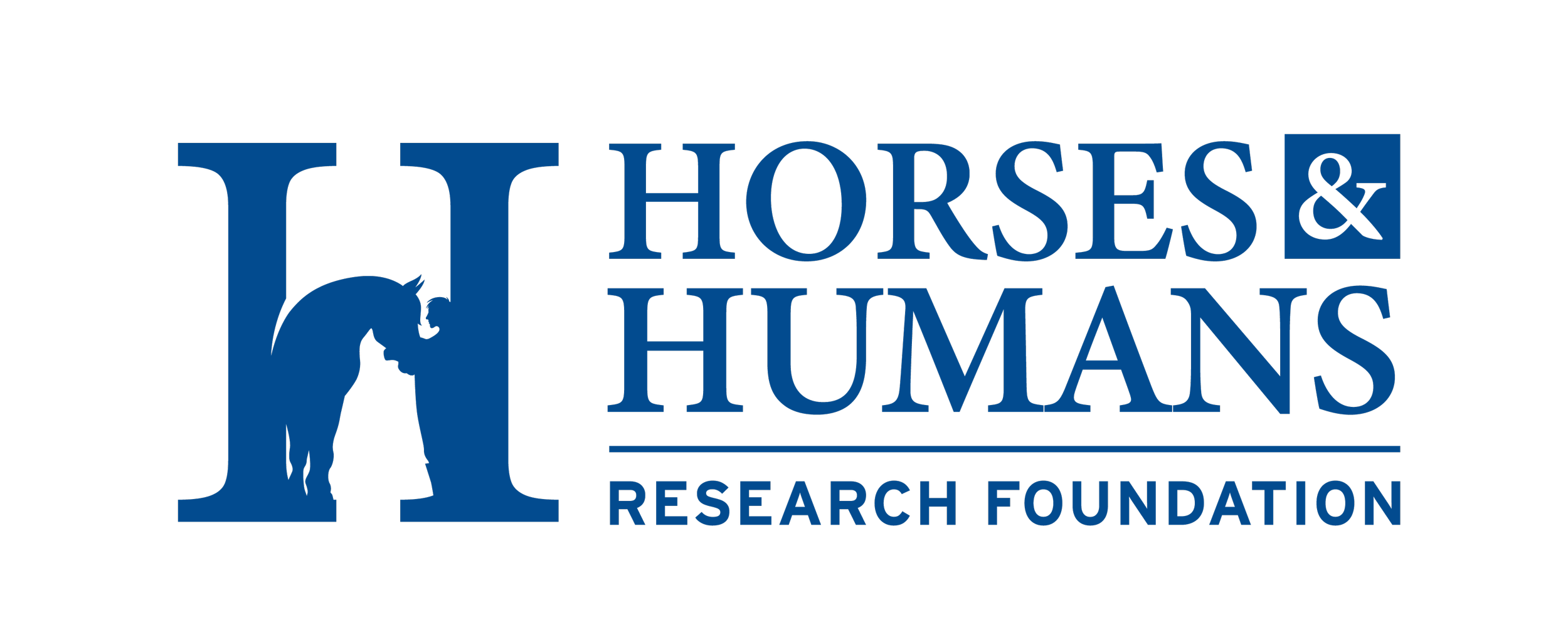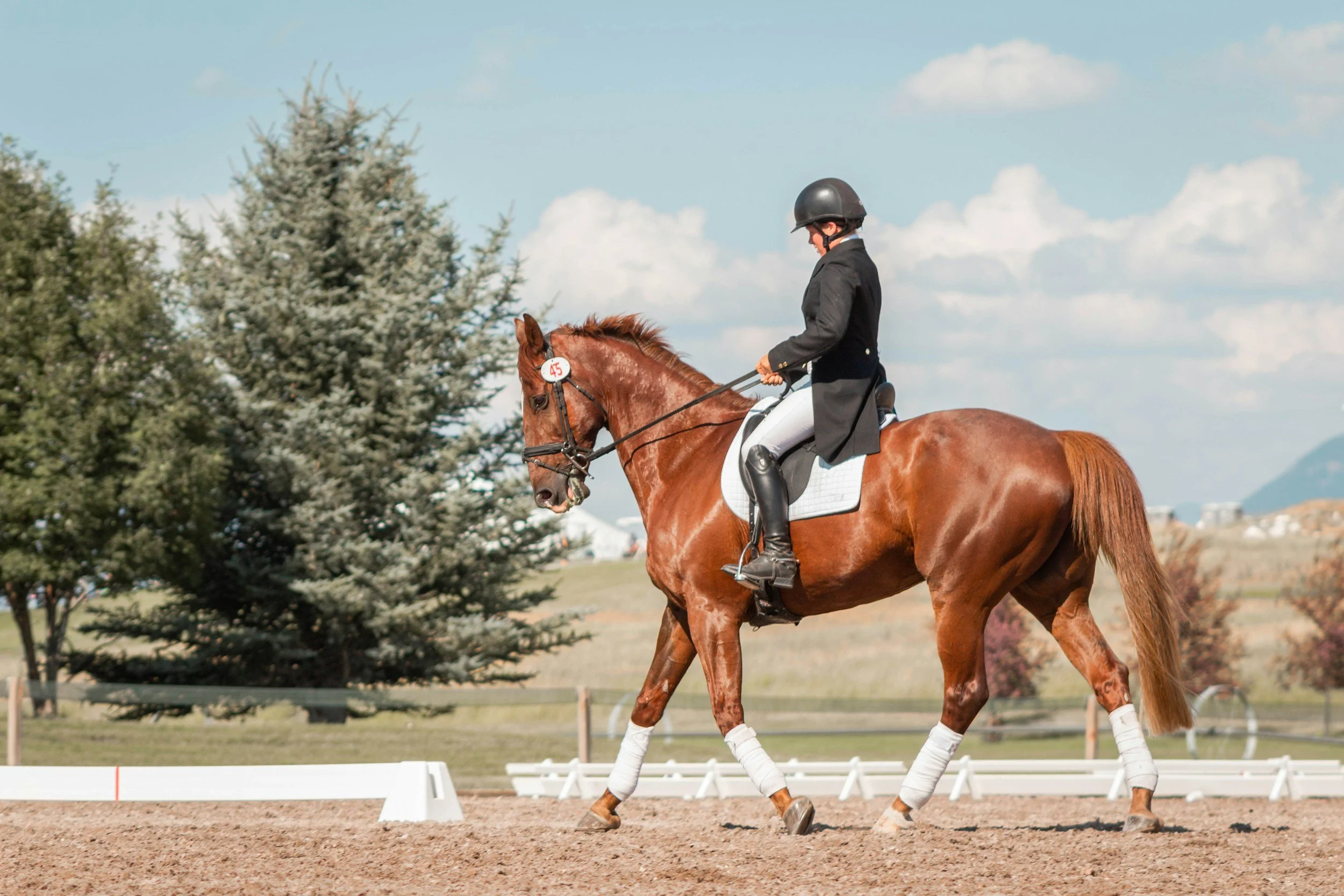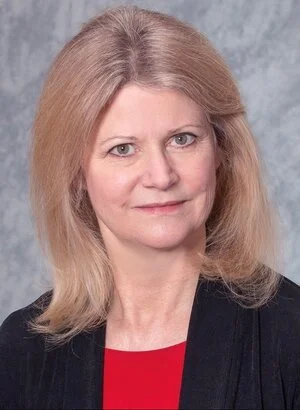Governance Committee
Leslie Kiefer Amann
Leslie Kiefer Amann writes, lectures, and consults on fiduciary administration and estate planning topics bringing to that work, significant fiduciary and banking experience, including work as a Market Trust Executive for a large publicly traded national bank as well as serving as Assistant General Counsel at a regional bank. Leslie joined Sentinel Trust in 2006 to serve clients with highly complex fiduciary needs and ensure consistency and best practices companywide. She eventually became the firm’s first Chief Fiduciary Officer. She retired to be a consulting role Of Counsel in 2021 but remains a shareholder of Sentinel Trust. Leslie was elected to the American College of Trust and Estate Counsel in 2018. Prior to working in financial services, Leslie practiced law in a firm focused on complex business litigation for 8 years and taught as an Adjunct Professor at the University of Houston Law Center for 12 years. She also worked as a legislative administrator for a Texas State Senator during three legislative sessions prior to entering law school.
Wade Johnson
Wade L. Johnson, MD of Williamsburg, Virginia is board certified in Psychiatry and Neurology. He practiced psychiatry in Newport News, Virginia for 28 years and is now enjoying retirement. Dr. Johnson began riding ponies at the age of six in Virginia. By age seven, he was one of 12 riders on matched Shetland ponies who performed drills in local and state horse shows. Dr. Johnson last rode at age 21 when he was the mascot for the College of William and Mary in Williamsburg, Virginia. In 2006, Dr. Johnson heard a mother say at a therapeutic riding facility fund raising event, that her autistic daughter, at age 11, spoke for the first time in a therapeutic riding lesson while on a horse. He observed that was something he could not accomplish then, or today, as a psychiatrist. This was the beginning of his interest in the impact horses have on human illnesses. By 2010 he had been involved in two published studies regarding the impact of therapeutic riding on Autism.
John Kundtz
Weathering over 40 years of corporate and nonprofit transformation, John brings experienced leadership and a strategic mindset to the boardroom. A retired IBM executive with 38 years of experience in global technology sales, he now focuses his energy on mentoring nonprofit leaders, advising mission-driven organizations, and sharing insights on governance and strategy through writing and speaking.
As Board President of the Horses and Humans Research Foundation, John builds on a long-standing commitment to the equine-assisted services community. His previous board service includes Fieldstone Farm Therapeutic Riding Center and Three Corner Round Pack Outfitters, both of which reflect his dedication to advancing global understanding of horse-human interactions and their impact on the health and well-being of both humans and horses.
A passionate advocate for exceptional nonprofit governance, John also contributes thought leadership through podcasts and writing that explore how design-driven strategic planning and strong board leadership can create meaningful alignment between mission, boards, and stakeholders.
In his spare time, John enjoys trekking in places as remote as Nepal, hiking local trails, visiting major league baseball stadiums, and discovering new craft breweries. Whether on the trail, in the stands, or over a well-crafted pint, he remains curious, reflective, and eager to connect ideas across communities and causes.
“I have experienced firsthand the truly amazing life-changing benefits that children and adults have realized through horse-human interactions, and as a research scientist I believe that continued rigorous research is needed to propagate these benefits globally.”
Sally Lehnhardt
Sally recently retired as Vice President of Information Technology. She has a BS in Electrical Engineering from Montana State University. Sally rode her first pony at 2 ½ and her connection to horses has grown from that moment. She has competed in 4H, Western Pleasure, Saddle Seat, Driving, Hunter/Jumpers, Dressage and now owns an eventer. Sally is a life long learner, an avid reader, and a lover of all animals, especially dogs and horses. She currently has two rescue dogs and her horse.
"I have seen the impact horses have on people. They can bring out confidence that didn’t exist, they can help someone’s body learn balance and improve core strength and they can teach communication in many verbal and non-verbal ways. HHRF is providing the scientific research to show how this connection can be used to help people in many ways and to therapy with horses become more accessible to those who need it."
Nancy Paschall
Nancy is a life-long horse person having shown western, hunters, jumpers, and Tennessee Walking Horses, which she has also bred and trained. She was an avid 4-H'er. She has been leading EAAT organizations for 12 years, including being part of several research teams. She is a Walking Horse Owners and Exhibitors Association Certified Judge and a PATH Equine Specialist in Mental Health and Learning. She received her B.S. in psychology from Old Dominion University and went onto become a family therapist as well as a policy analyst. She is currently working on her MBA from St. Andrews University. ·
“Outcomes are validated by research and as equine assisted activities and therapies become increasingly well-known it is crucial that research that leads to the development of best practices be supported and disseminated. Relationships with horses are life-changing; now we have to gather the evidence!”
Molly Sweeney
Molly Sweeney is founder and now Director Emerita of the Horses and Human Research Foundation. She is originally from Chagrin Falls, Ohio, where she was blessed to grow up with horses in her back yard and still has 5 horses in her pasture in TX. Molly became involved with Equine Assisted services in 1990, when she started volunteering with SIRE, a local program in Houston TX. Molly was a volunteer there for over 20 years, was the Equine Director evaluating horses for the program and also served multiple terms as the Board President. She served on the NARHA (now PATH, Professional Association of Therapeutic Horsemanship International) Board from 1996 to 2002. Molly says she is not a researcher herself, but has never outgrown that childhood phase where one is always asking, "But WHY?"
Debra Thompson - Chair
Dr. Debra K. Thompson has 42 years in healthcare including various clinical and leadership roles across multiple settings. Her graduate and doctoral education focused on translating nursing and evidence based research findings to frontline clinical application and development of care models and care management programs. Currently, Debra serves as a clinical population health leader and nurse practitioner in eastern North Carolina. She is co-founder and co-owner of Follow My Lead, an equine leadership and personal development business. Her dream of becoming a horse owner came to fruition nine years ago with Lady Dreamwalker and now a small herd of five keeps life interesting!
“I believe the connection between horses and humans is powerful and revealing of your true self.” When asked if she could choose a photograph to illustrate horses and humans, what would it be? “I think two key elements to illustrate horses and humans are a mirror and truth serum. Horses read our body language, sense what we are thinking before we speak, and accurately assesses qualities such as trust and awareness. Horses are true educators and give unbiased feedback- something very difficult for humans to do.” Dr. Thompson became a Level 1 Certified Practitioner through the Equine Experiential Education Association (E3A) in 2020. Her interests include sharing the horse-human connection with others and the impact on individuals, teams, and leaders through focused reflection and engagement with the horse as co-facilitator.
“Through the Education, Communication, and Strategic Planning subcommittee, colleagues share knowledge and awareness of the impact horses have on our overall wellbeing. I’m excited to be part of this dynamic committee and look forward to supporting HHRF’s mission to support research and share knowledge of the horse and human connection with others. HHRF has an exciting year ahead!”
C. Mike Tomlinson
Dr. Mike Tomlinson became an avid horseperson in the fifth grade. From that point on, his life has been focused on horses. Mike earned his Doctor of Veterinary Medicine (DVM) degree from the University of California at Davis. The first job after picking up his diploma was working at the 1984 Olympics in Los Angeles. He had a performance horse practice until returning from the Stockholm World Equestrian Games, when several of his best clients explained that he cannot be gone for six weeks straight for the events – he had to choose between traditional veterinary practice and doing the big events. It was clear which way he was to go. So it was back to school, this time earning his Masters of Business Administration (MBA). Since then, Mike has been a C-level executive of several corporations, continuing today as the CEO, COO and/or Board Member of several multinational corporations. He has been extremely active in para equestrian sports since 2000 including helping found the US Para Equestrian Association in 2010 and being an executive board member for a decade thereafter. He is very active in sport governance having been on the USEF board for 12 years and still very active with several equestrian sport organizations. Dr. Mike has been Chef d’Equipe for the USET Endurance Team and the USET Team Vet for numerous competitions including three World Equestrian Games. He is a FEI Vet for Dressage, Endurance, Eventing, Vaulting, Para Equestrian, and Jumping, a FEI Steward, and is a FEI ‘O’ Judge, Course Designer and Technical Delegate in Endurance. Dr. Mike lives in Southern California where he can enjoy riding year ‘round. In a typical year Mike teaches FEI Officials’ courses and officiated at over 20 FEI 3, 4 and 5 star events in countries all around the globe.
“I am a believer - I know positively that horses facilitate an accelerated path to healing and personal progress. What a thrill to support research that encourages the world to make it more accessible."









